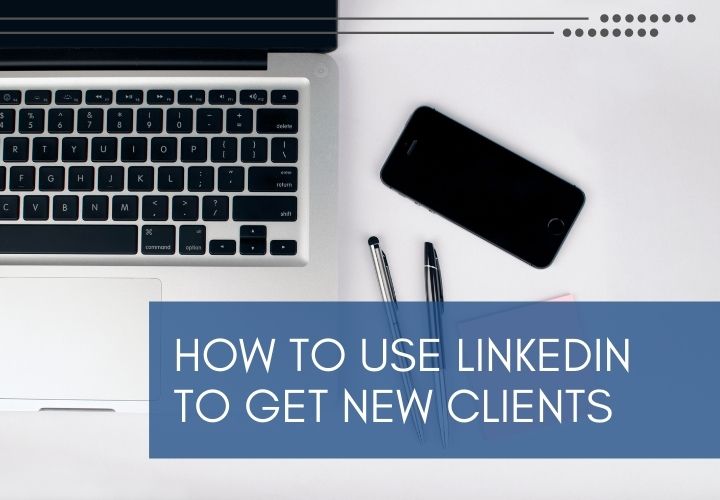Episode 124: Ask Me Anything – Websites and social media
03/20/2017
Episode 125: New tips on LinkedIn marketing for translators – Interview with Eve Bodeux
03/27/2017Upon request, I will cover the questions that I did not have time to answer during the ATA Webinar – ′Creating and Optimizing a Website for your Freelance Business′ here. Even if you did not register and attend, you might find the questions and answers useful.
Do you know any company that can design a website and provide a phone system for the Over the Phone Interpretation services/company?
There is a web design company that specializes in translator websites. It is called Websites for Translators and they help you with every step of the way, including logo design if you want. You can find them at www.websitesfortranslators.co.uk. You can also look for web designers on Upwork at www.upwork.com.
Unfortunately I do not know anyone that can provide phone systems for over the phone interpretation services. Perhaps this article can help? On demand interpretation – There’s and app for that.
Do you need authorization from clients to quote them in your testimonials?
Yes! Always ask for permission if you use a client’s name. However, most clients are willing to have their name shared if they give you a testimonial. Always ask to make sure, though.
What should I NOT include on my website?
In short, here is a list of what is not recommended to have on your website:
- Crazy formats and colors
- Outdated content
- Only information about you, not how you can help
- Grammar mistakes
- Confusing functionality
- Broken links and missing images
- Requiring visitors to download and install plug-ins to view your site
- Telling people that they need a specific browser to view your site
- Lots of pop-ups, animations and flash
What is the best way to avoid spam?
I am assuming you mean spam as in comments to a blog, or spam contact requests? The best way to avoid spam comments is to install a spam-filter, such as Aksimet. To avoid spam from a contact form, you can use a CAPTCHA. I have not had any trouble with spam from the contact form myself, but the Aksimet spam comment filter has caught a ton of spam.
Can we just use social media (e.g. Facebook or LinkedIn) in place of a website?
You could get by with just a LinkedIn profile and/or a profile in a translation directory, but remember that this space is not your own, and you have to follow the rules of the directory. With a website you can provide your information in the format and way you want. A website also adds to a professional impression. Even agency owners sometimes check if you have a website these days. But it is not a must and I do know successful translators that do not have a website.
Should I have a Facebook page or a blog and link it to my website?
I think it depends on your specialization, but I have not seen anyone benefitting much from having a Facebook-page for their freelance translation business. That does not mean that there are some that do. If you have a blog, especially one related to your work and clients, you should definitely link to it from your website. Even better is to integrate the blog into the website, because the frequent updates through the blog, and the visits to the blog, means more visits to your website and thus makes it rank higher in search engines.
Do you also need permission to post a link of an event that you attended/worked or articles?
If you post that you attended an event in a blog post, or as part of your continuing education, you do not need any permission, in fact, you are doing them a favor by marketing the event. If you claim any other involvement in the event, I would ask for permission. When it comes to articles, if you are a co-author, you can certainly share it on your website. But if you have translated it, or edited it, you are best off asking for permission.
Thank you to all that registered and attended. I hope you found the answers useful. Do you agree with these answers or do you have anything to add or comment on? Feel free to share in the comments below.



